The Roe v. Wade ruling of 2022, which brought about the end of Roe and many women’s rights to get an abortion in various states throughout the U.S., has now made many young women less inclined to have children, according to a new poll.
This poll analyzes how the end of Roe has impacted many women throughout the nation in different ways. While this ruling has in many cases hampered one’s right to an abortion, it has also made many women who want to have children afraid to become pregnant.
The Roe v. Wade Overturning

In June of 2022, the Supreme Court overturned Roe v. Wade in a stunning decision that rocked much of the nation. This overturning allowed the states the right to decide whether abortion would be legal or illegal in their own territories.
Giving the states the right to control abortion has led to many young women around the world facing ample problems when they try to receive an abortion — or even when they’re simply thinking about having a child.
Banning Abortion
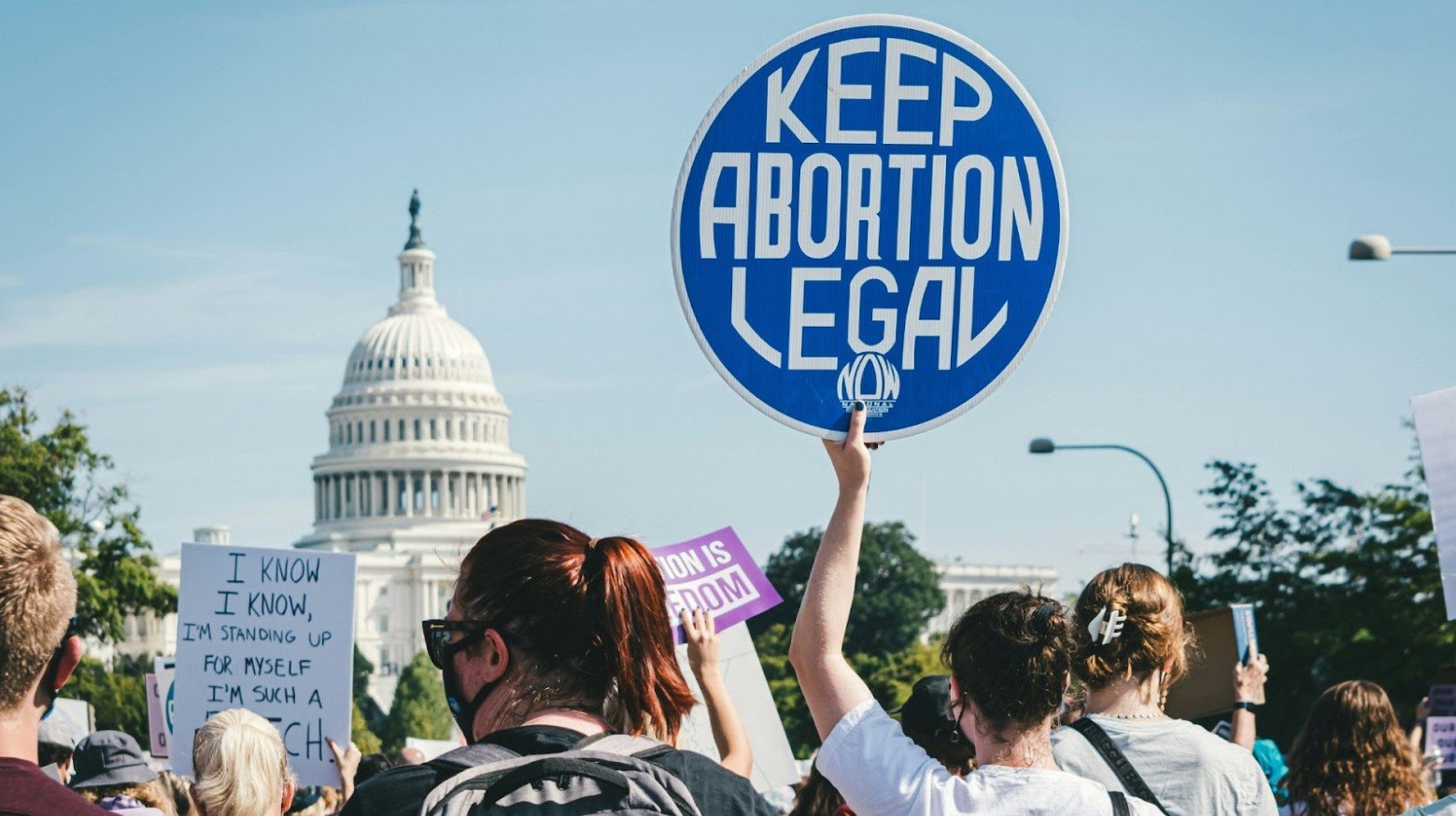
As a result of the overturning of Roe, 14 states have now completely banned abortion so far. About two dozen other states have bans on abortion at 22 weeks, though some have bans in place at less.
Ongoing court cases and state Supreme Court decisions continue to change America’s landscape after the end of Roe.
Young Women Are Scared To Become Pregnant
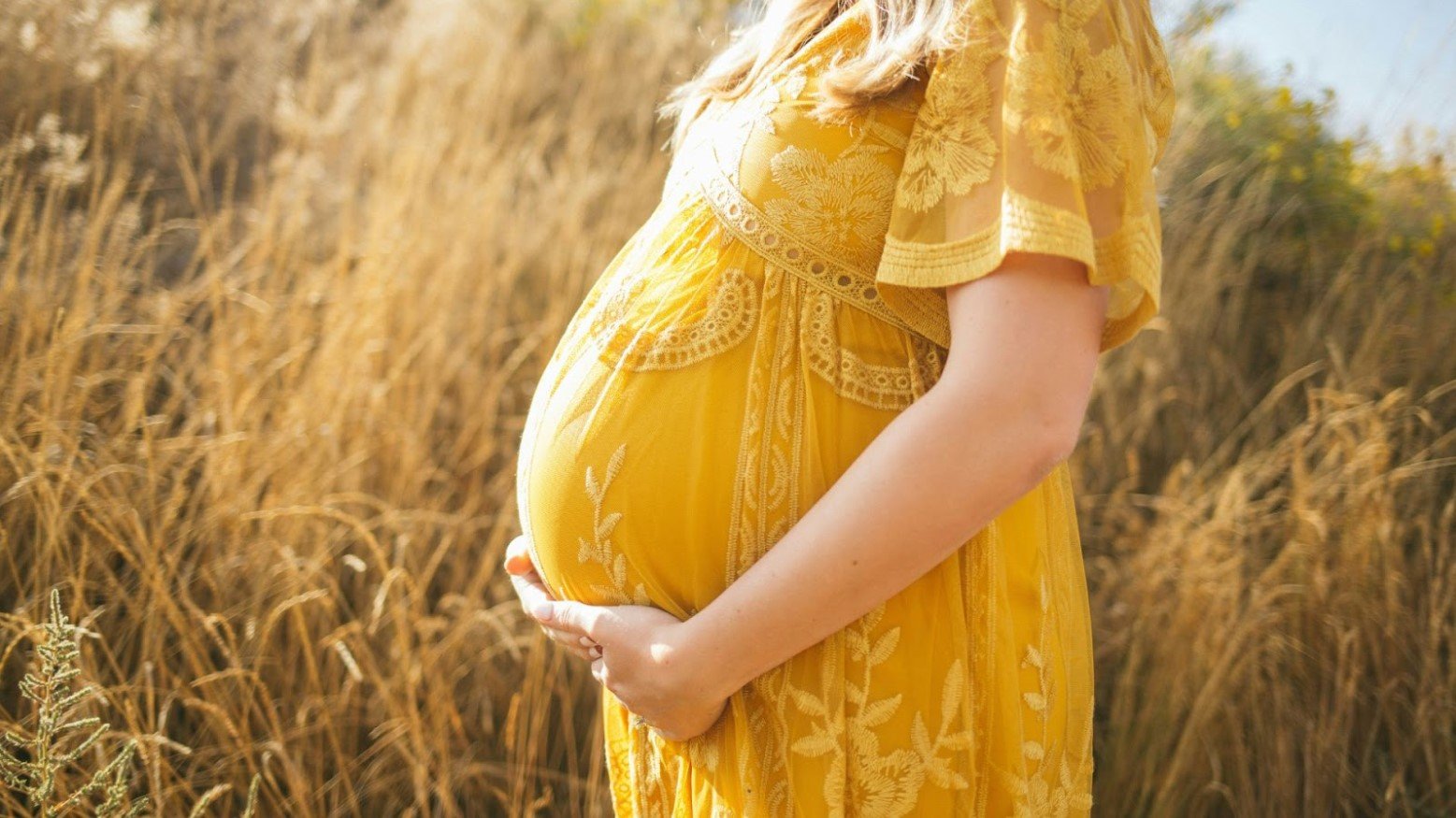
While many women around the nation were upset and angry to see Roe overturned, as this interferes with their former right to get an abortion, the end of Roe has also made many young women incredibly scared to even become pregnant.
This is because of the all-out bans on abortion many states have adopted. Even women who have miscarried have struggled in hospitals, as certain surgeries or procedures could not be performed on them because it would’ve been considered an abortive action.
Americans Not Having Children
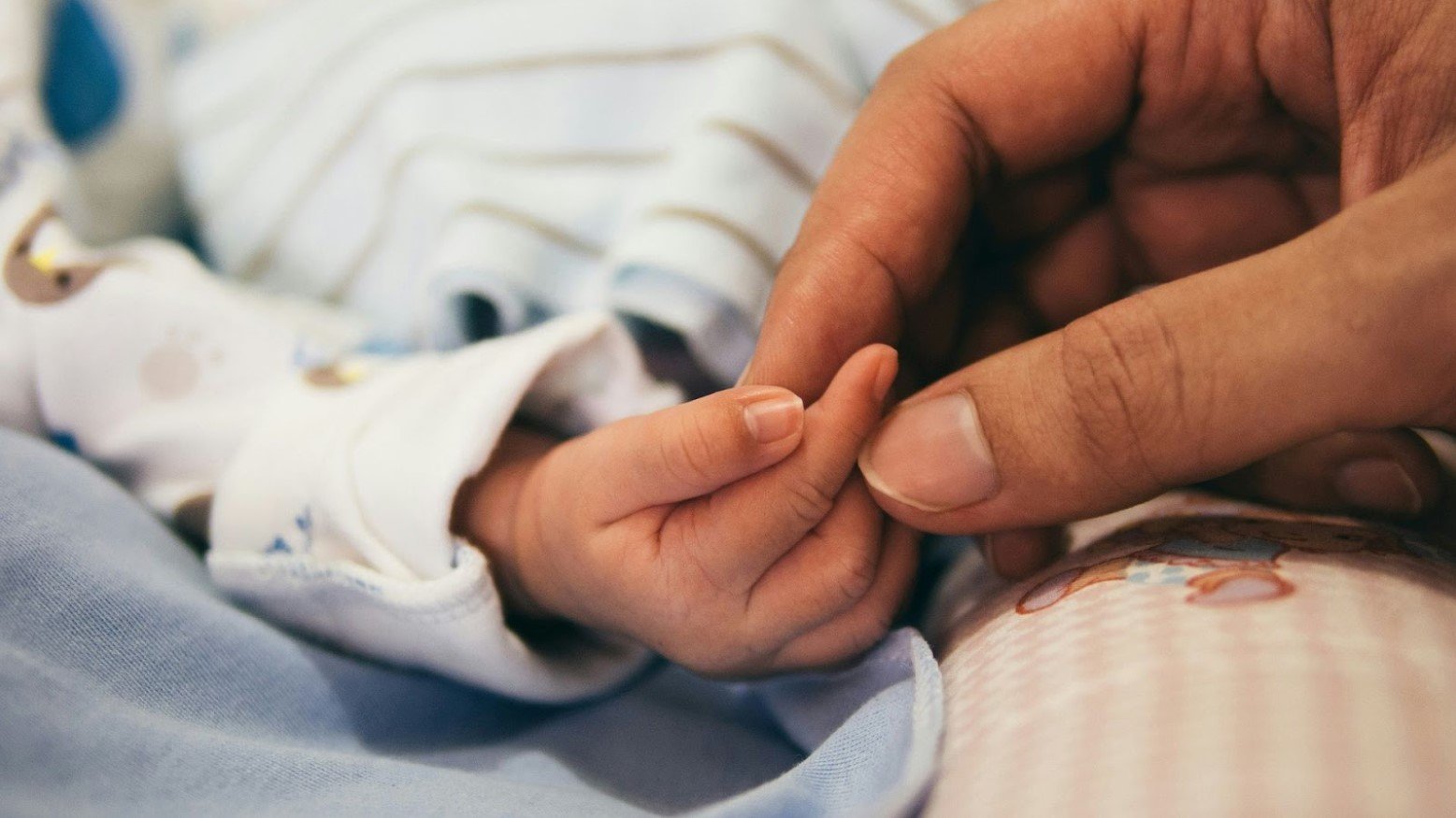
According to a new poll conducted by All In Together and Echelon Insights, 34% of women aged 18-39 have said that they, or someone they know, have decided to not get pregnant because they are concerned about having to deal with potential medical emergencies in a post-Roe world.
This data confirms that the stories of pregnant women facing difficulties — and almost even dying — because hospitals in certain states would not perform abortive procedures after miscarriages have impacted many women.
Constraints During Pregnancy
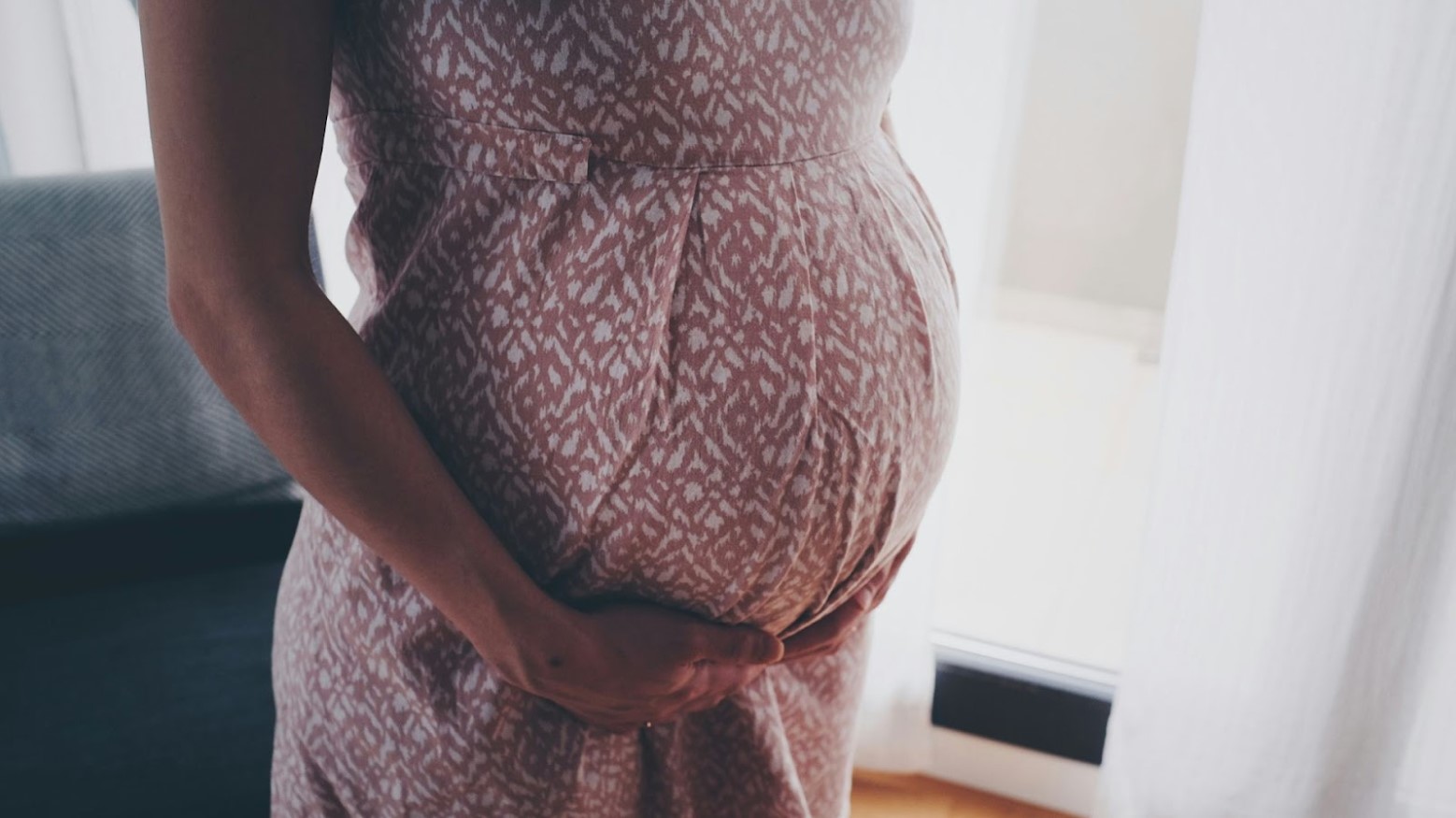
This poll also reveals that about 22% of young women either personally dealt with or know someone who has dealt with constraints when attempting to deal with a medical emergency while pregnant.
These facts have clearly scared many American women. Instead of getting pregnant in an uncertain country, they’re just not getting pregnant at all — even though many do want children.
Unable To Get an Abortion
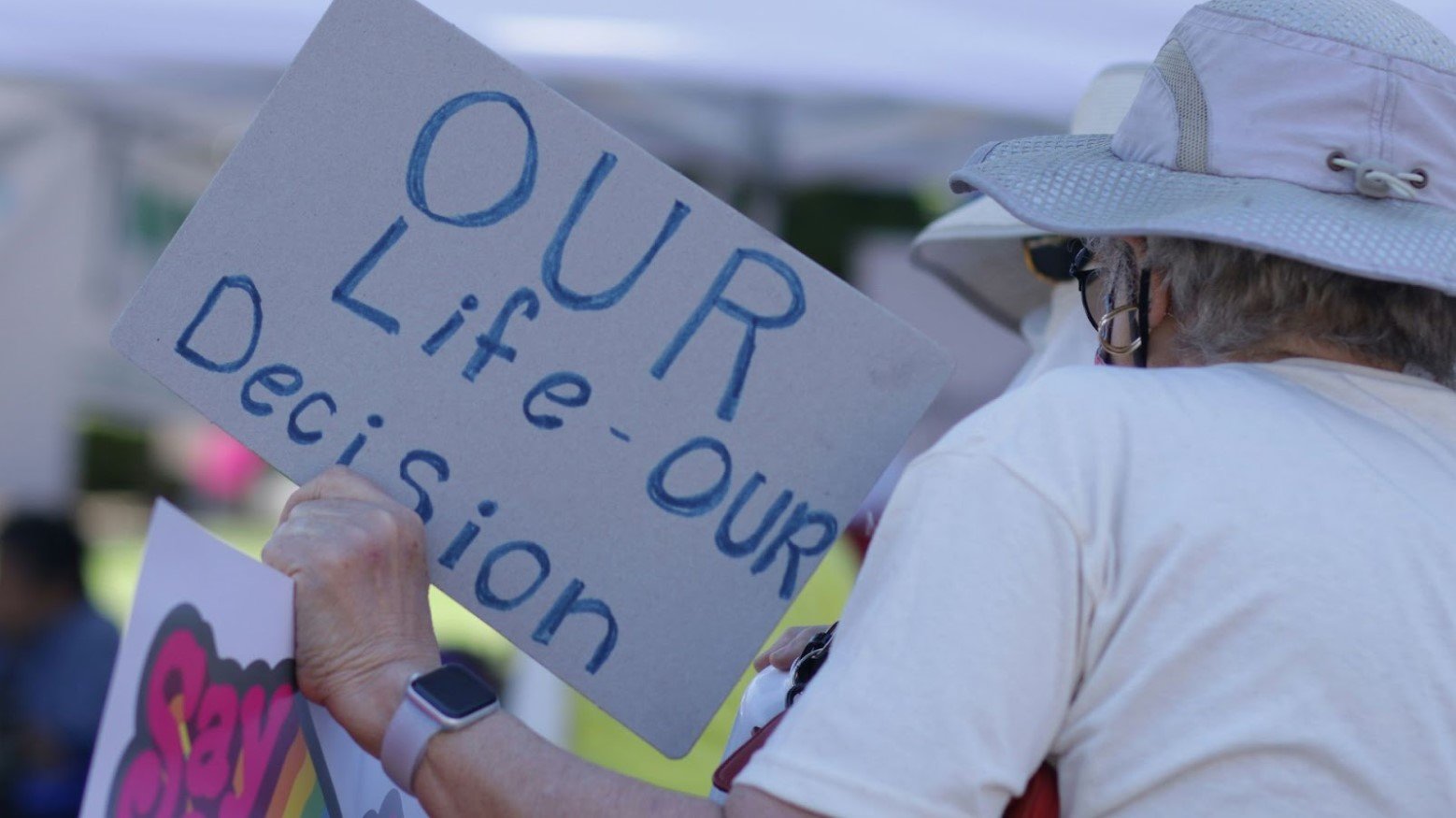
This new data also took a look at how young women throughout the United States have been able, or unable, to get an abortion. Every state is different in what is legal when it comes to abortion.
According to this poll, 23% of women have, or know someone who has, been unable to get an abortion in their own state.
Similarities Around the Country

Interestingly, the results of the women polled for this study all have much of the same answers. Even those who live in states where abortion is legal are worried about becoming pregnant.
Therefore, the end of Roe has completely changed the outlook many young Americans have, regardless of where they live in the country.
Pregnancy Is Less Safe

For years, whenever the topic of overturning Roe came up, experts reminded people that banning abortions makes pregnancy less safe for all. Now, the CEO of Planned Parenthood Alexis McGill Johnson is saying we’re seeing this happen.
“Abortion bans make pregnancy less safe, and women are acutely aware of the consequence of restricting access to reproductive health care in their own lives,” she explained.
A Decline in U.S. Birth Rates
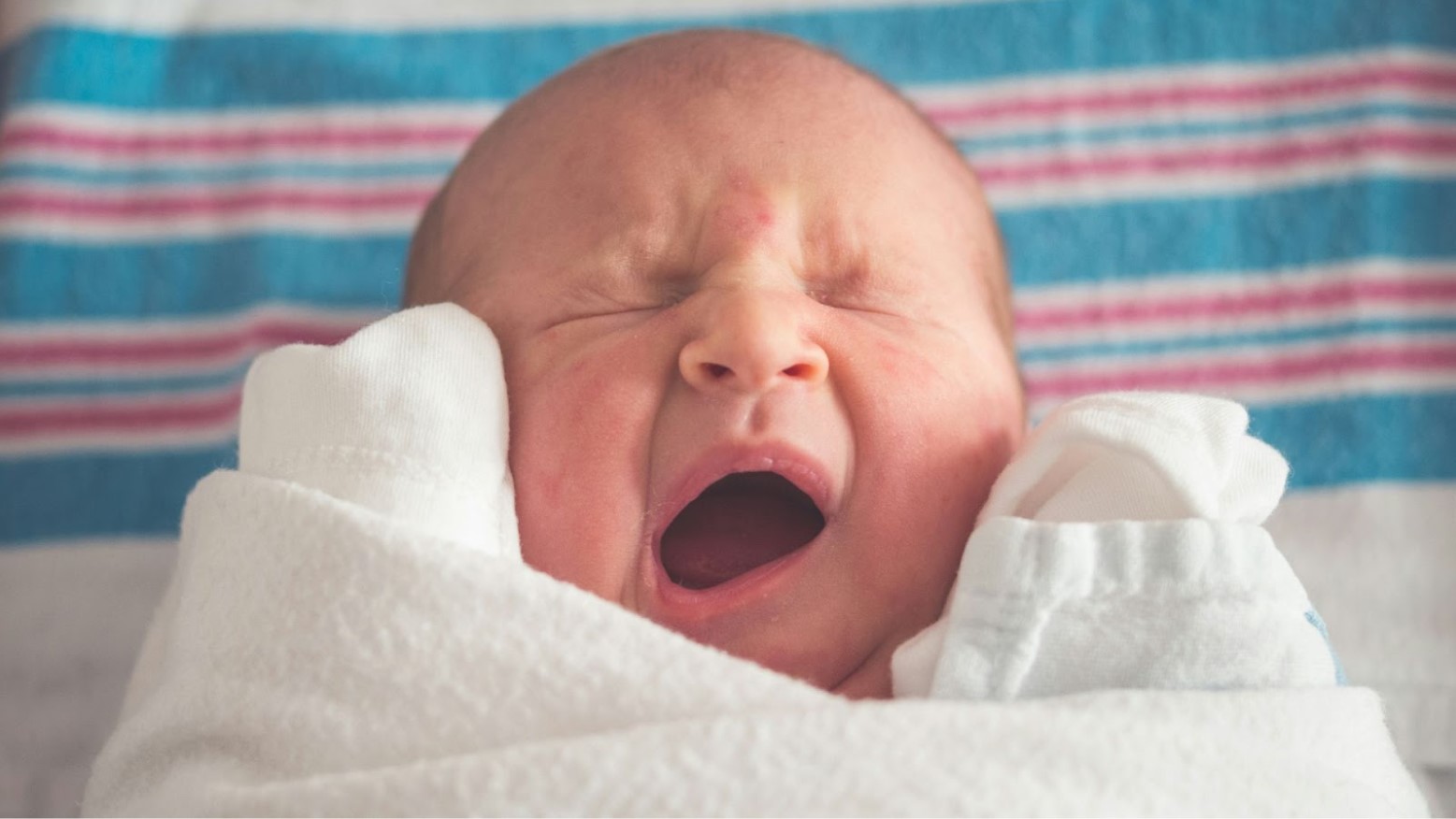
If more American women decline to have children — even though they want to have children — because of the end of Roe, a further decline in U.S. birth rates may be seen.
Already, fertility rates in the country have declined. Since the early 2000s, birth rates have fallen in the U.S., according to Pew Research. Now, this trend may only continue.
A Brief Change
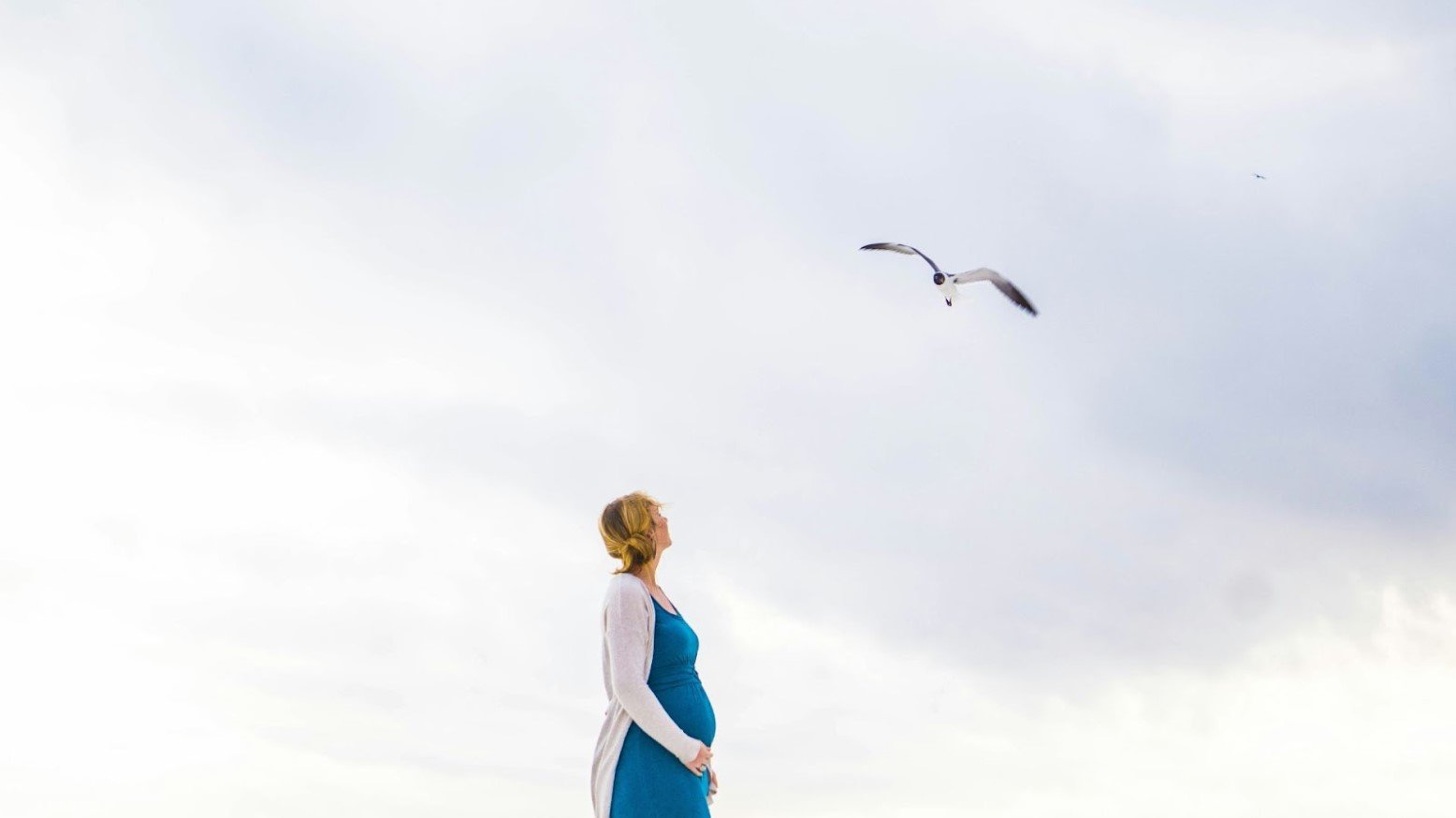
There was one notable change in the fertility rates in America. Though birth rates did completely drop during the COVID-19 pandemic, there was a small rebound after the pandemic that saw a rise in fertility rates.
However, data shows that this brief change turned around yet again thanks to the Roe overturning.
Americans Having More Children
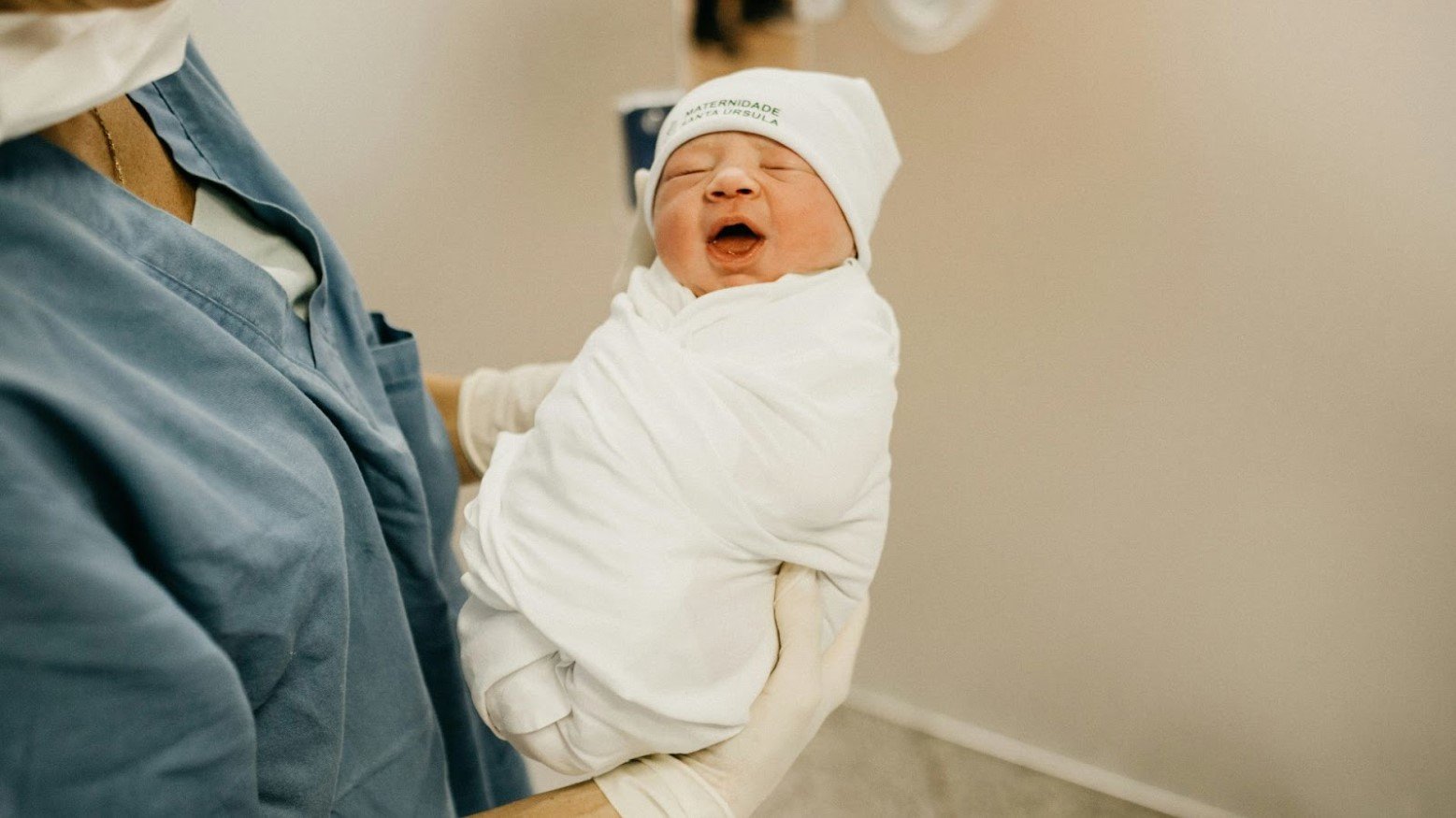
Those in support of the Roe overturning have claimed that abortion ends life — and Americans should not do this. Instead, Americans should be having more children, according to these supporters.
However, this latest polling shows an unintended side effect of the Supreme Court’s overturning. Instead of American women having more children, they’re refusing to have kids, even if they want to, for fear of what could happen to them during pregnancy.








































